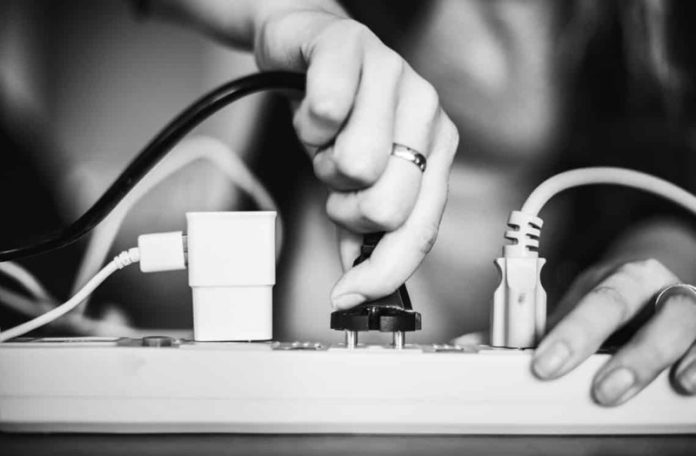Experiencing repeated electrical problems is frustrating and indicative of a deeper underlying issue. Not addressing the problem poses more significant risks, such as fire safety hazards, expensive repairs, and potential health hazards.

To prevent further problems, diagnose the source of the electrical issue and address it accordingly. Consult an experienced electrical contractor from Ewing Electric Co. to properly diagnose and repair the issue. Common causes of electrical problems include:
Poorly Wired Connections
Electrical connections are the point where multiple electrical wires, cables, or devices are connected. Poorly wired connections can cause arcing (sparks) between the connection points, resulting in electrical shorts. The problem causes overheating, damage to the wiring, and potential fire safety hazards. A poor connection may not meet electrical code requirements.
A connection with exposed wires could present a severe shock hazard. Also, one with a diameter too small for the current can lead to an overload that trips the breaker. Remember, a connection with too much resistance will cause the wire to heat up, leading to a fire.
Corroded Wires
Corrosion is the chemical breakdown of metal due to exposure to moisture, oxygen, or other elements. Corrosion affects both exposed and enclosed electrical wires. If not addressed, corroded wires can cause arcing or a short circuit that leads to overheating, sparking, and potential fire safety hazards. Also, exposed wires can cause injury or even death.
Faulty Breakers
Circuit breakers protect against electricity overloads, short circuits, and ground faults. If the breaker is faulty or not working correctly, it won’t trip when it should, leading to potential fire hazards or other damage. If the breaker trips frequently, it’s likely due to an overloaded circuit or a faulty device connected to it.
Additionally, a circuit breaker can trip due to loose wiring connections or corroded wires. When in doubt, contact a professional electrician to assess the breaker and repair any underlying issues.
Faulty Outlets
Damaged outlets can cause electrical shocks, sparking, and overheating. Loose outlets or those without covers may be unsafe due to exposed wiring. Those with multiple plug adaptors may be overloaded, causing overheating and tripping the circuit breaker.
Outlets near water sources may present a shock hazard if not correctly grounded. Contact a professional electrician to assess the outlet, repair any underlying issues, and ensure it’s up to code. It’s also an excellent time to add more outlets for convenience.
Uninsulated Wiring
Uninsulated electrical wiring means the wire is exposed, leading to potential fire hazards, shocks, and sparking. It also increases the risk of moisture affecting the wiring and leading to an electrical short.
Outdated Electrical Panels
Replace electrical panels when needed to ensure optimal safety. An outdated one causes frequent circuit breaker tripping and potential fire hazards. It may not meet the demands of today’s electrical needs.
An experienced electrician can replace the panel and ensure it’s up to code. Signs it’s time to replace it are discoloration, tripping breakers, visible corrosion, and sparking. Also, if the panel is over 25 years old, opt for a complete replacement.
Always Consult an Expert
A qualified electrician should assess any electrical problem to maintain safety. They will identify potential hazards and find the best solutions. Also, regular maintenance is vital to prevent potential risks and keep your home safe. You’ll protect your family from electrical hazards and enjoy peace of mind with suitable measures.















